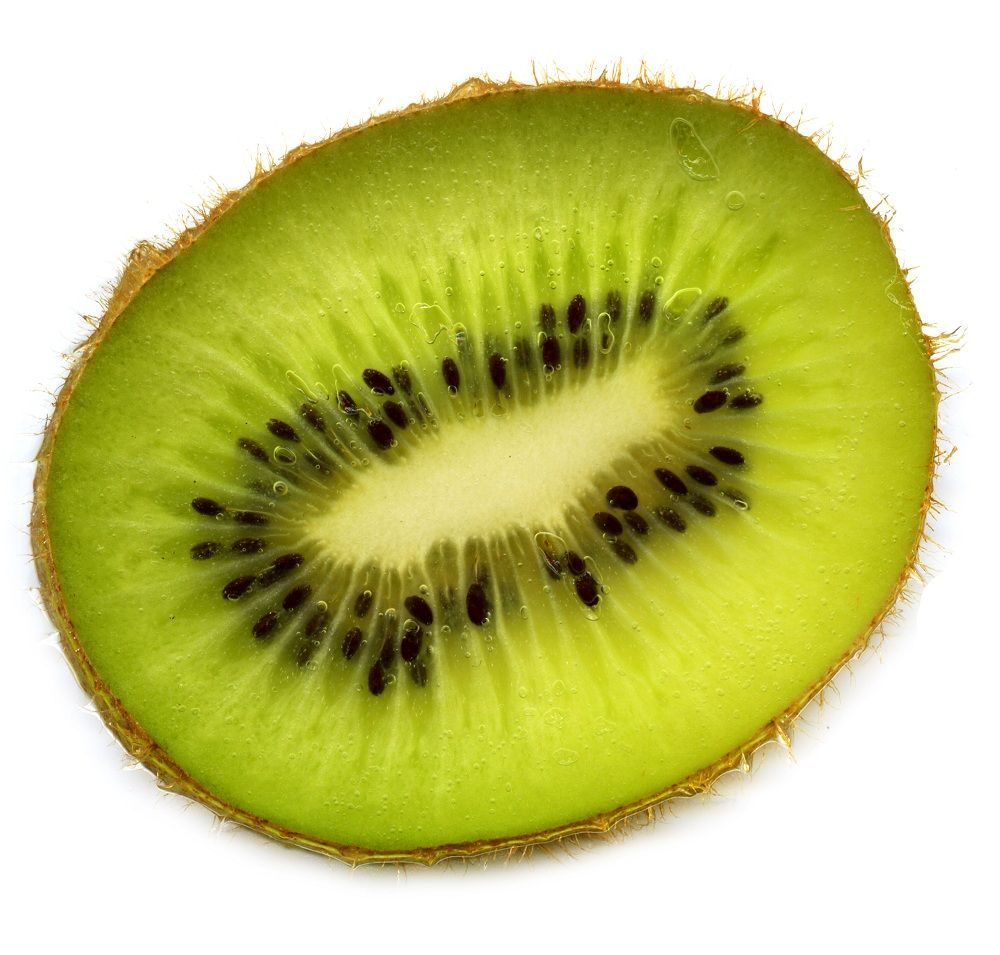

A problem for some more than others, constipation is an uncomfortable imbalance in the gut that can be a minor nuisance or a major health crisis. Although there can be many different causes and medical interventions for constipation, nutrition therapy is one of the safest, most effective strategies.
About Constipation
Constipation occurs when stool becomes hard, dry and difficult to pass. It is frequently accompanied by bloating, flatulence, pain, incomplete evacuation and straining to have a bowel movement. Normal bowel movement frequency can range widely – from eliminating several times a day to a few times per week. In general, someone is considered to be constipated when they have gone three days without a bowel movement.
There are many reasons for constipation. A few include:
- Gastrointestinal illness
- Immobility
- Routine disruption – such as with travel
- Depression
- Medications
- Pregnancy
- Colon cancer
- Inadequate fluid or fiber intake
- Stress
- Hypothyroidism
Constipation Fighting Foods
Depending on the severity and cause of your constipation, there are likely several potential solutions for stubborn stool. Common ways to encourage a bowel movement include drinking plenty of water, eating foods high in fiber, exercising, going to the bathroom as soon as you feel the urge, placing your feet on a stool while on the toilet to raise your knees above your waist and using a stool softener or laxative medication.
In addition, some healthcare professionals suggest methods designed to improve intestine health and flush out accumulated sludge in the colon. A good example is Colon Cleanser, a supplement designed to support bowel regularity. A physician should always be consulted before embarking on this type of approach.
Some of the best foods you can put in your body to help ease constipation include:
- Figs – Figs are high in fiber, a quality that makes stool softer for easier elimination. This is because fiber isn’t digested so it retains water as it passes through the digestive system. Water softens stool, which helps to relieve constipation. As published in a 2011 edition of Laboratory Animal Research, dogs given fig paste had substantial reductions in constipation. The authors concluded that fig paste may be useful as a complementary medicine in humans suffering from chronic constipation. According to the Ayuverdic tradition, a recipe to ease constipation is boiling figs in milk or water, and then drinking the warm concoction before bed.
- Kiwi – Also loaded with fiber, the kiwi fruit is ideal for easing constipation. A 2013 study reported in Advances in Food and Nutrition Research found that eating kiwi promotes regular bowel movements. As published in the Nutrition Journal in 2013, researchers found that taking Kivia powder, an extract of kiwi fruit, for four weeks was well tolerated and more effective than placebo in gently enhancing bowel movement frequency and reducing abdominal pain and flatulence in people with occasional constipation.
- Rye Bread – Known to ease constipation, rye is a whole grain that is also high in fiber. As published in a 2010 edition of the Journal of Nutrition, researchers found whole grain rye bread to be better than white wheat bread and laxatives for relieving constipation without any adverse side effects. According to Kristi King, RD, a spokesperson for the Academy of Nutrition and Dietetics and dietitian at Texas Children’s Hospital in Houston, arabinoxylan is the main component of dietary fiber in rye, which is what keeps food moving through your intestines.
- Lemon Juice – A remedy suggested by many Ayuverdic practitioners, drinking a warm glass of water with the juice from half a lemon and a pinch of salt helps relieve constipation by acting as an intestinal cleansing agent. Crushed ginger can be added in this drink to aid digestion. Consumption of this warm lemon water is typically advised first thing in the morning.
- Prunes – This popular folk remedy for constipation works whether consuming the dried fruit or its juice. Prunes are high in insoluble fiber and contain the natural laxative sorbitol. Researchers at the University of Iowa tested dried, pitted plums (prunes) against psyllium (a laxative) in 40 adults who were constipated. Those given the plums had measurably higher spontaneous bowel movements than those given the laxative.
Nobody enjoys being constipated, but most people have experienced it at one time or another. By including figs, kiwis, prunes, lemon water and rye bread into your regular diet, you can prevent constipation – or at least help ease this uncomfortable and potentially painful type of intestinal congestion.




